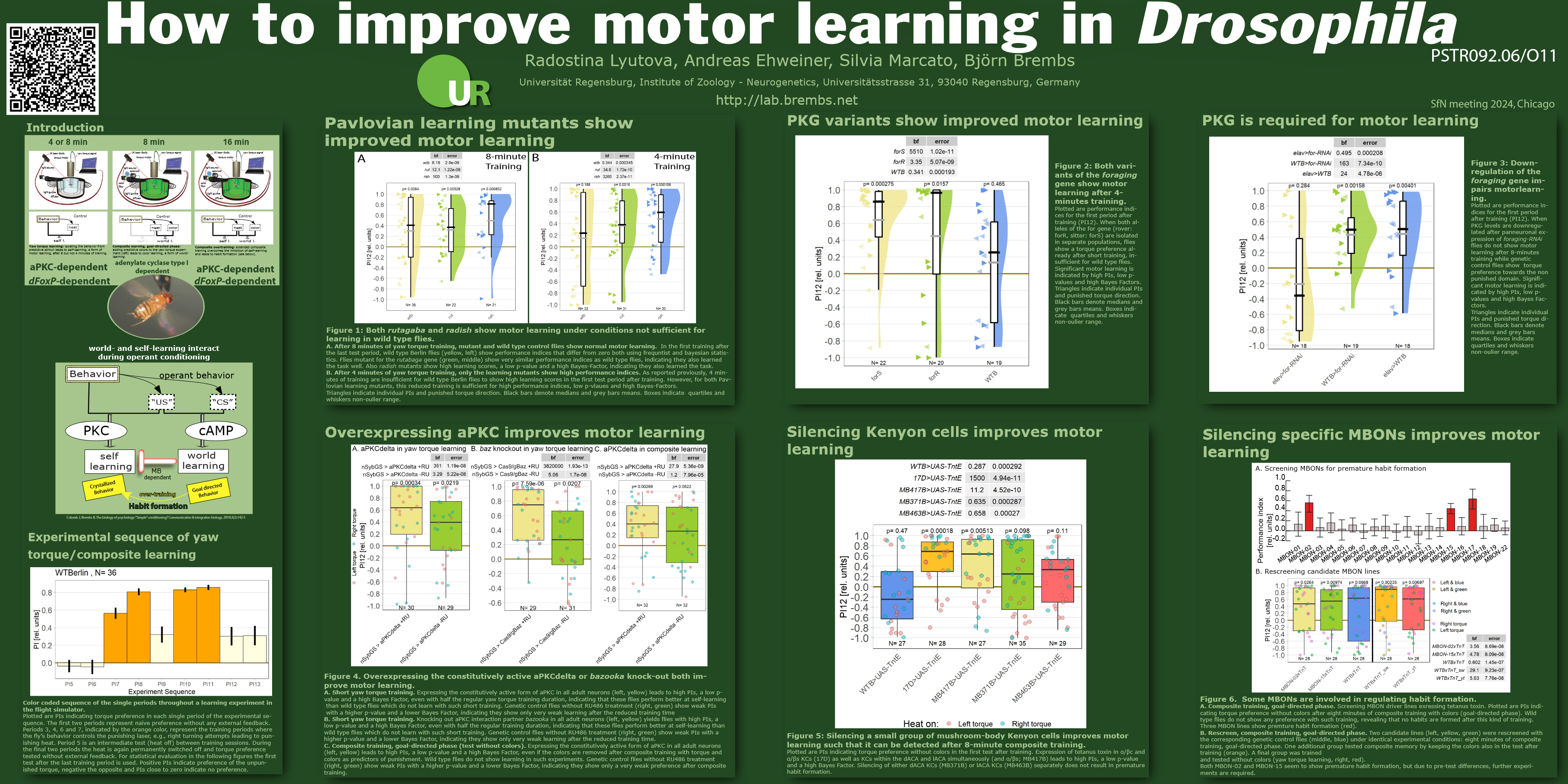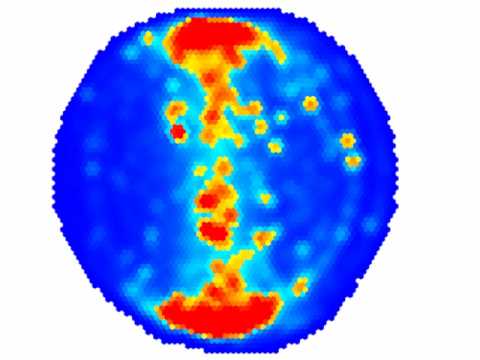Mushroom body output neuron 02 regulates the transition from goal- directed actions to habits in Drosophila
- Version
- Download 1525
- File Size 0.00 KB
- File Count 1
- Create Date July 5, 2022
- Last Updated July 5, 2022
Mushroom body output neuron 02 regulates the transition from goal- directed actions to habits in Drosophila
Goal-directed exploration of the environment allows an animal to learn about the relationships between stimuli and how the environment responds to its actions. In this goal-directed phase, animals can flexibly apply learned relationships to other contexts. However, flexibility usually implies a cost in time, together with higher cognitive and energetic costs. In contrast, the formation of habits ensures fast and efficient behaviors. The learning mechanisms that lead to flexible and efficient behaviors, respectively, interact with each other. During the early, goal-directed phase of such composite operant learning situations, the process that mediates learning about relations in the environment (world-learning) is known to inhibit the process that renders behaviors stereotypic and efficient (self-learning), presumably in order to prevent premature habit-formation. In humans, imbalance between flexible actions and habitual responses can be linked to neuropsychiatric diseases (OCD, drug addiction). We use the fruit fly Drosophila to study the interactions between world- and self-learning which mediate the transition mechanisms from goal-directed actions to habitual responses. In Drosophila goal-directed behavior inhibits habit formation at the level of the mushroom bodies (MB), such that inhibition of the MBs results in premature habit formation. Here, we present the identification of a single mushroom body output neuron responsible for mediating this highly adaptive interaction between the two learning systems.













